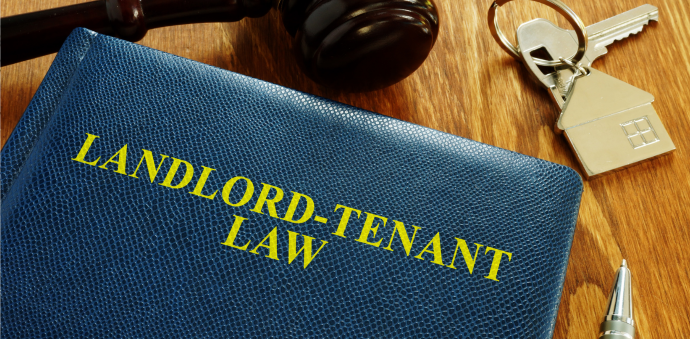
Renting a home or apartment in Charlotte, Raleigh, or Greensboro comes with important tenant rights protected under North Carolina law. Whether you’re dealing with repairs, security deposits, privacy concerns, or unfair treatment, knowing your rights helps you live safely and comfortably and confidently assert your legal protections. This guide breaks down the key tenant rights applicable throughout North Carolina’s major cities and points you toward solutions if your landlord isn’t meeting their obligations.
No matter if you rent in Charlotte, Raleigh, or Greensboro, landlords must provide rental units that are safe, clean, and habitable. This means:
If serious repairs or unsafe conditions arise, like mold, broken heat in winter, or pest infestations, you have the right to notify your landlord and expect timely repairs. If the landlord doesn't act within a reasonable time after written notice, you may have options to enforce repairs or seek remedies, as outlined in the North Carolina Residential Rental Agreements Act.
Tenants have the right to privacy in their home. Landlords cannot enter your rental without reasonable prior notice except in emergencies. You’re also entitled to the “quiet enjoyment” of your property, meaning no unreasonable intrusions or disturbances from the landlord or other tenants.
In North Carolina:
If you exercise your legal rights, such as reporting unsafe conditions or requesting repairs, your landlord cannot retaliate by increasing rent, cutting services, or evicting you. If retaliation occurs within 12 months of your complaint, it may be illegal, and you can challenge it under North Carolina General Statutes Chapter 42.
Read: Understanding Landlord Retaliation in North Carolina
Landlords in Charlotte, Raleigh, Greensboro, and throughout North Carolina must provide advance written notice before:
Document the problem: Take photos, keep written requests, and record dates of communication with your landlord. Send formal written complaints: Use certified mail or methods that provide proof of delivery. Contact local housing or code enforcement: Cities often offer avenues to report unsafe or unlivable conditions. For Charlotte, Raleigh, or Greensboro, specific contact information may be available on their city websites. Seek legal advice: If problems persist, getting guidance from a tenant rights attorney can help protect your home and finances.
We’re Here to Help You Protect Your Rights. If you are a tenant in Charlotte, Raleigh, Greensboro, or anywhere in North Carolina and face landlord issues like ignored repairs, privacy violations, or wrongfully withheld deposits, contact us today for a free consultation. We specialize in North Carolina tenant law and can help you:
Don’t wait until problems worsen; reach out now and take control of your rental experience with trusted legal support.